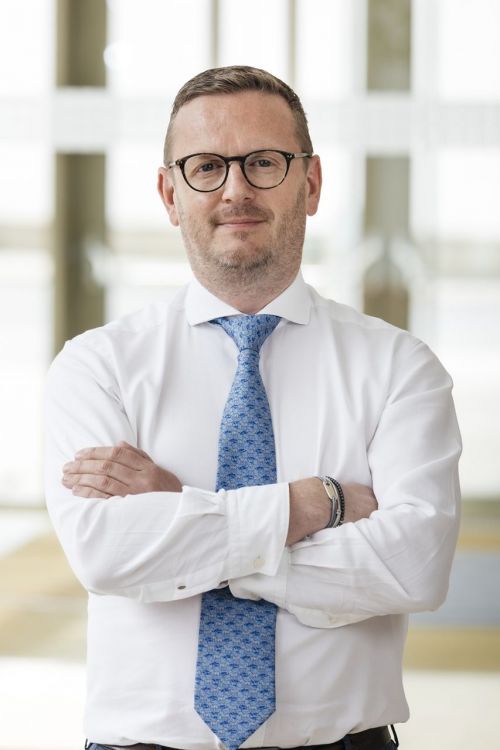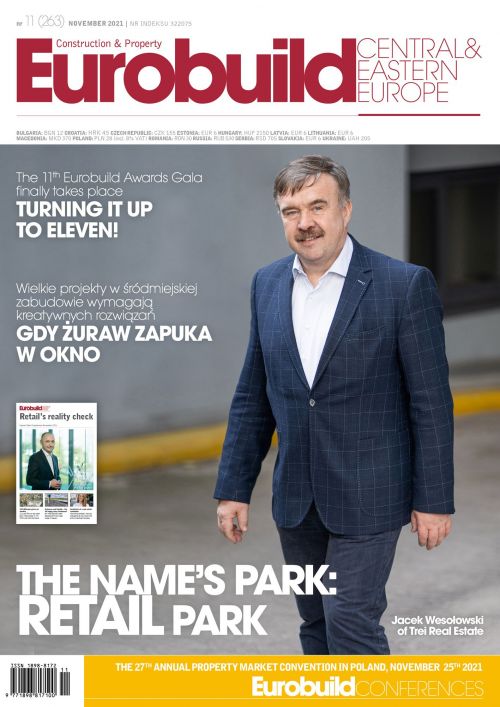Would you care to explain to us your new strategy?
Matthew Lunt, CA Immo’s head of asset management for Austria and the CEE region: Our strategy hasn’t changed – we are still focused on the same core markets. We’re paying more attention to whether the assets in our portfolio meet our core strategy of being a prime institutional office owner. We’re therefore likely to see more capital rotation. There are a number of indicators – such as the changing market dynamics, maturing markets in Central Europe, ESG and our net carbon-zero targets – that are driving this. CA Immo’s goal is to sharpen our focus on large, modern office properties in prime locations in our core cities, and at the same time on increasing our portfolio’s quality and management efficiency in a sustainable manner. A good example of this strategy is the acquisition of Postępu 14 in Warsaw’s Mokotów district in November 2020 for almost EUR 90 mln. The 35,000 sqm property is one of the most state-of-t





























































